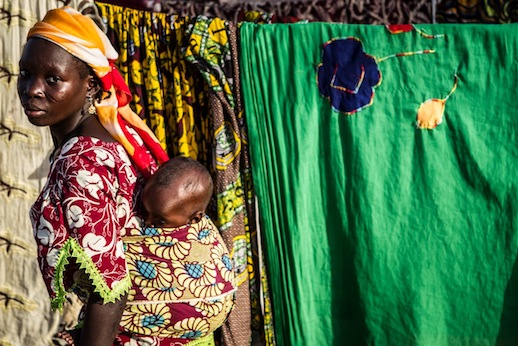Healthcare to the Hospital of Gondoma in Sierra Leone
Germanus Stiftung - CLOSED
-
Themes
Health and Research, Poverty and Social Cohesion -
Focus area
Research , Poverty -
Status
Completed project -
Region
Africa, Luxembourg
Scientific study to improve healthcare in the MSF Hospital of Gondoma in Sierra Leone.
Sierra Leone is a particularly poor country, where health indicators are among the worst in the world. Malaria remains a major cause of mortality, despite the access to diagnostic tools and treatments that have improved.
Since 2003, the emergency hospital of Gondoma has been managed by Doctors Without Borders in the Bo district. Originally planned for a capacity of 50 beds, the crowded hospital now holds 200 beds. It regularly deals with epidemics such as malaria, measles, Lassa fever (a viral disease that causes haemorrhagic fever) and massive admissions for causes of malnutrition. It is in this context that a scientific study has been initiated with the objective to analyse the various problems that this emergency hospital faces. The study, which will be conducted by the Operational Research unit in Luxembourg (LuxOr), will particularly concentrate on the following aspects:
- The management of Lassa fever, problems diagnosis & treatment: studies conducted by the Operational Research on Lassa fever aim at changing health policies, not only in Sierra Leone but also in other West African States that are affected.
- The use of antibiotics, non-compliance procedures or inadequate dosing: the study will serve as a tool to improve work quality and enhance staff training.
- The effectiveness of the fight against malaria: this will ameliorate patient care.The results of the Operational Research are published in scientific journals.
Both the diffusion and recognition of this scientific work allow MSF to advocate for the development of international health standards, for the benefit of the population.
Germanus Stiftung will support this large-scale study project over a period of 5 years. Thanks to the Foundation's help, it will be possible to finance a nurse supervisor and to buy computer hardware.




Copyright: Tanya Bindra
